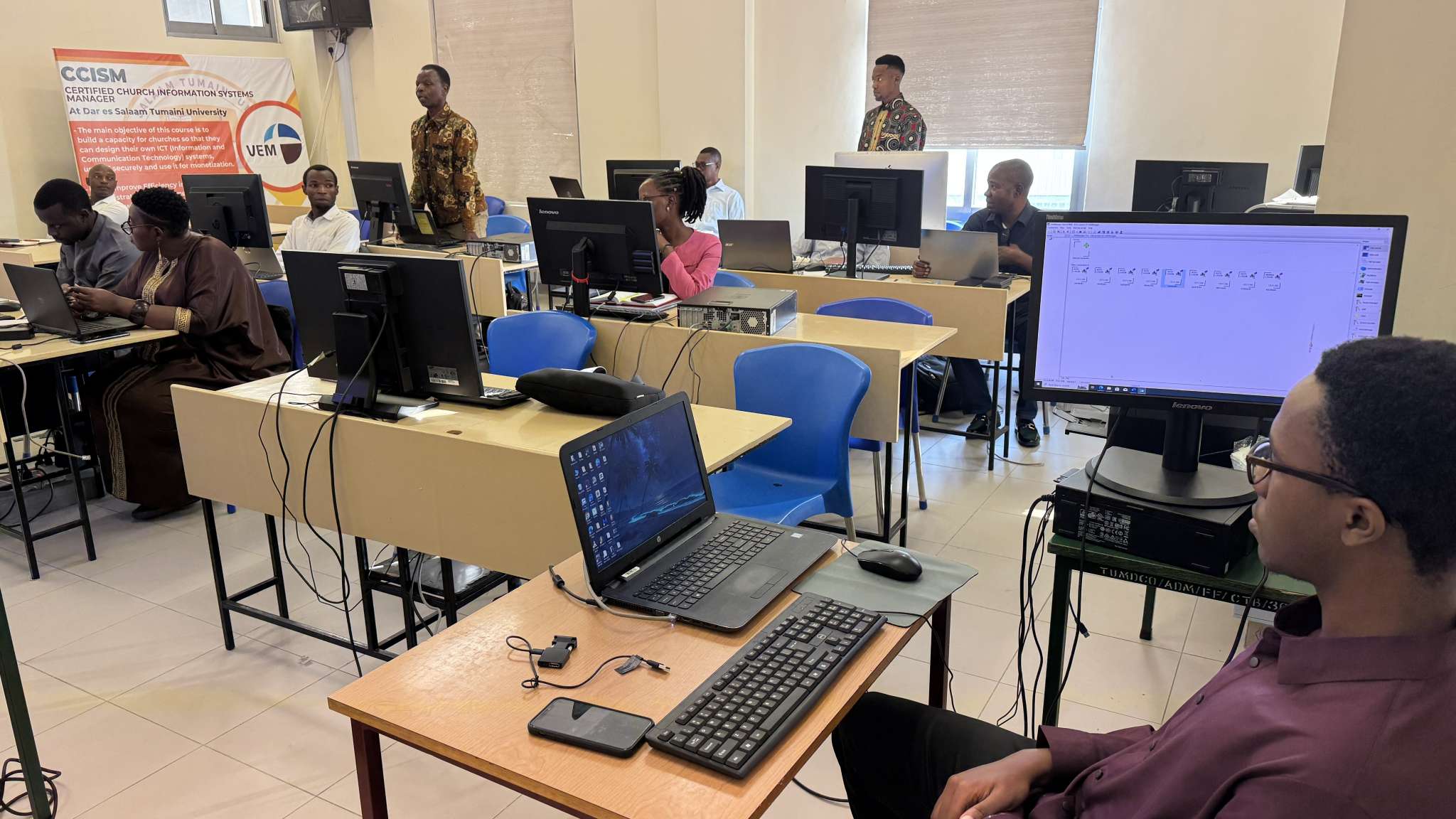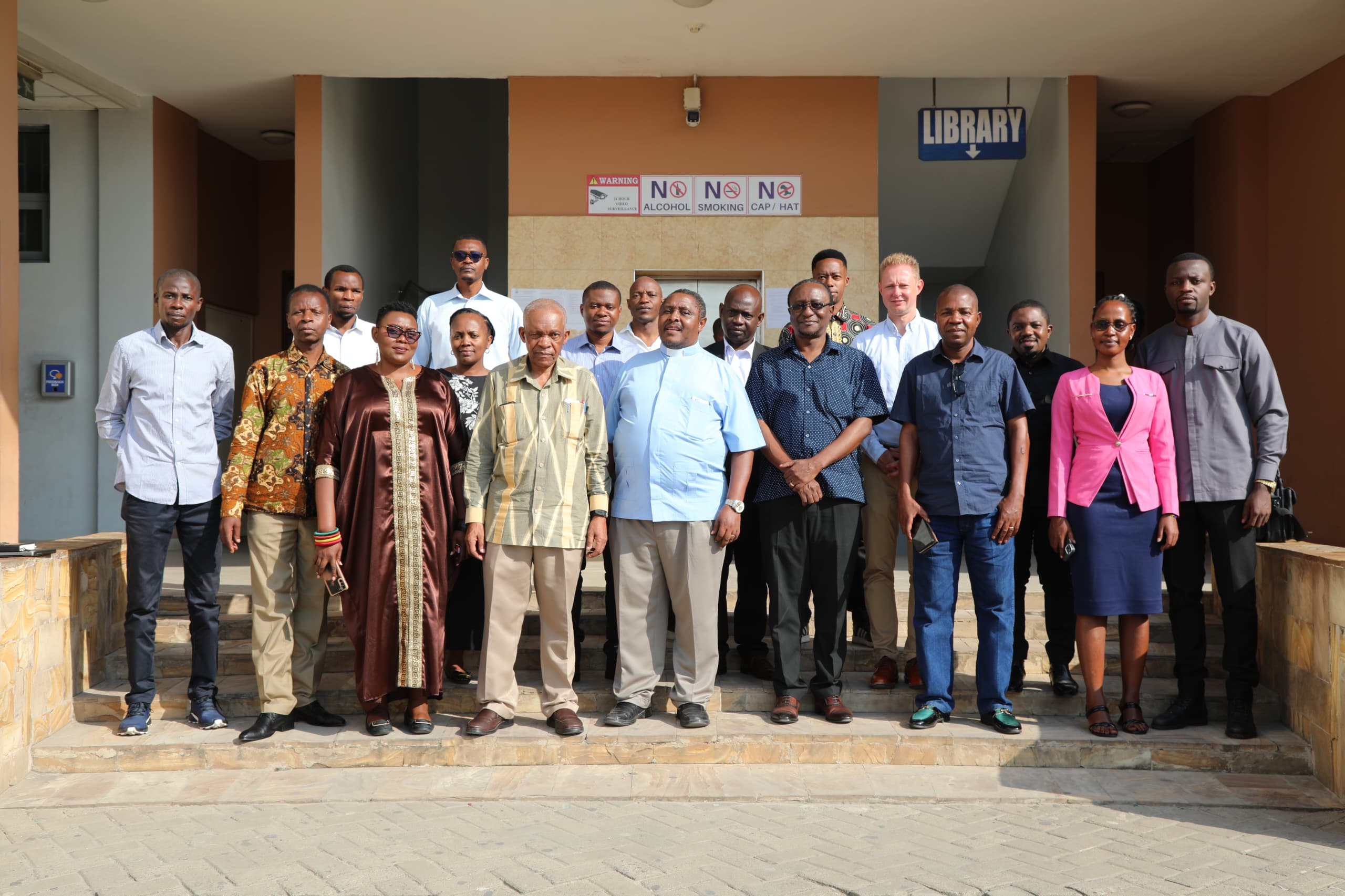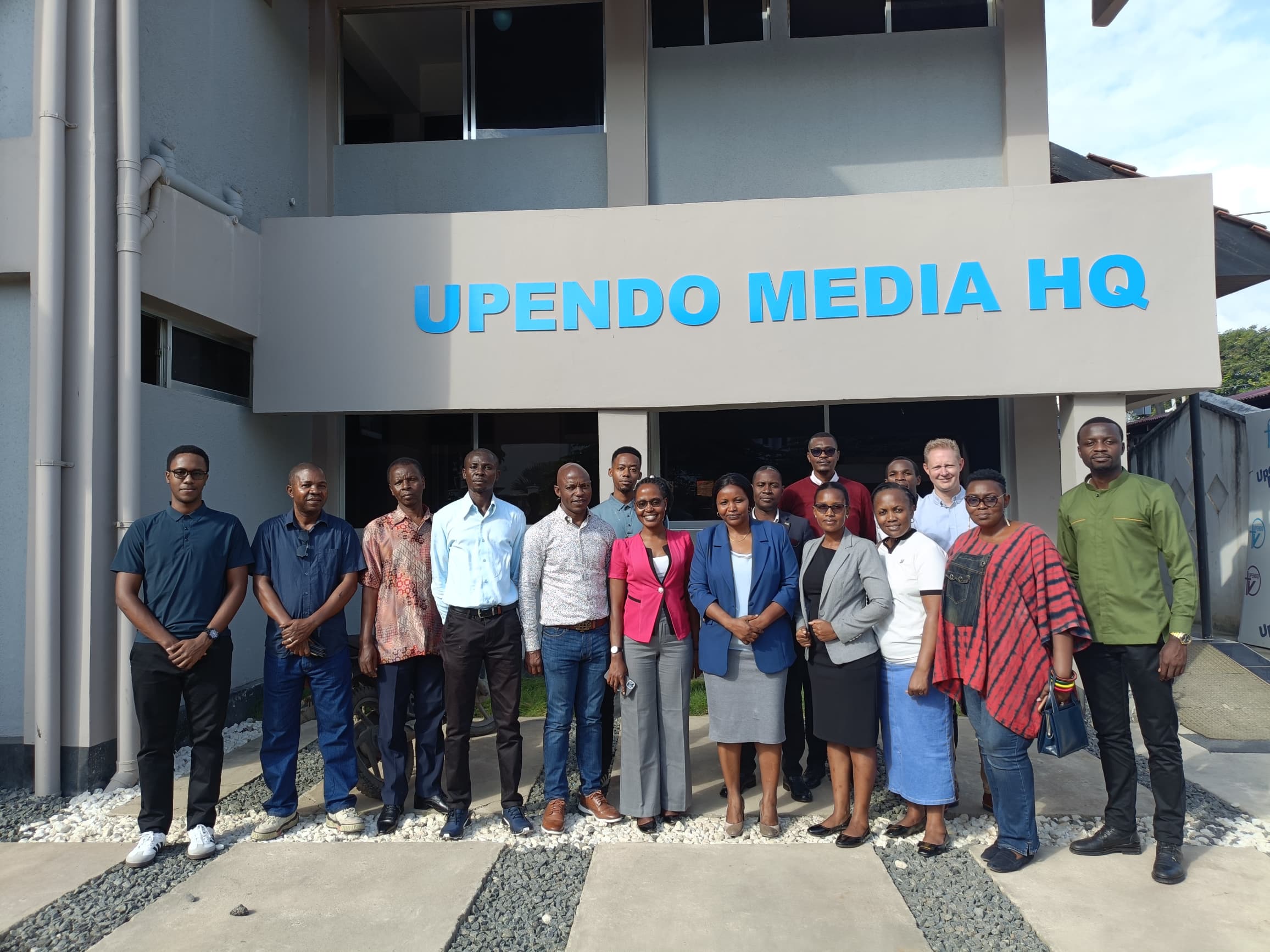
Rural Development Inter-Diocesan Services (RDIS) proudly participated in the ICT and Social Media Capacity Building Workshop held in Dar es Salaam, Tanzania, from June 22 to 26, 2025. The workshop sponsored by the United Evangelical Mission (UEM) was hosted by the East Coast Diocese of the Evangelical Lutheran Church in Tanzania (ELCT-ECD) in partnership with and Dar es Salaam Tumaini University (DarTu), brought together ICT professionals, church administrators, and communication officers from across Africa to explore the evolving role of technology in ministry and development work.
RDIS was represented by Mr. Jean Leon Nduwimana,the IT Manager, who joined delegates from various UEM member churches and institutions. The sessions were officially opened by Prof. Burton L. M. Mwamila, Vice Chancellor of DarTu, alongside Rev. Dr. William E. Kadiva, Deputy Executive Secretary for Africa of UEM, and Mrs Christine Musongya, Program Officer at UEM Africa Region. The training was led by experienced facilitators, Dennis Kahl (Head of IT – UEM) and Geoffrey Kilimba (Cybersecurity Consultant – DarTu), with support from DarTu’s ICT faculty.
Training Focus Areas
The workshop provided practical and strategic insights in the following areas:
- Digital transformation in church and organizational operations
- Cybersecurity and safe communication
- Social media for evangelism and ethical monetization
- Data protection, backup, and compliance with government policies
- Church and community management systems
- Website development, digital presence, and media tools for worship
- IT infrastructure, support systems, and digitization roadmaps
During the workshop the emphasis was placed on leveraging tools like Microsoft 365 for Nonprofits, Google Workspace, and secure communication platforms. Participants were also introduced to the importance of using secure backups, password management, multi-factor authentication (MFA), and ethical social media practices aligned with Christian values.
Site visits and hands-on learning
At the conclusion of the workshop, participants visited the UEM Regional Office and Upendo Media Headquarters, where they observed real-life examples of effective ICT administration, digital media production, and secure communication in faith-based institutions.
Strategic outlook for RDIS
Informed by the workshop, RDIS is reinforcing its digital vision through the development and integration of four key areas:
- A Church Management System (ChMS) to improve ministry planning, community engagement, and participants tracking for RDIS founding members.
- An Integrated Report Management System (IRMS) to harmonize internal and donor reporting across departments within RDIS.
- The EcoSys360 ERP, a tailor-made enterprise resource planning tool for environmental program monitoring, reforestation tracking, and field data management.
- The installation of high-speed fiber optic internet to ensure fast, reliable connectivity that supports the smooth operation of the organization systems and future digital platforms.
It’s inline of improving operational efficiency, accountability, and data-driven decision-making across RDIS projects and departments.
Looking Ahead
“We are grateful for this opportunity to engage with like-minded institutions and to bring home practical strategies for digital transformation,” said Mr. Jean Leon Nduwimana. “Our continued prayers are with the leadership and partners as we seek the resources and support needed to implement these critical systems.”
Sample photos

Photo 1: Group photo taken during the opening session with UEM regional staff and the Vice Chancellor of Dar es Salaam Tumaini University (DarTu).

Photo 2: Group photo with the CEO of Upendo Media and workshop participants during the official visit.
RDIS remains committed to integrating technology in ways that honor our mission, serve our communities, and steward resources with integrity.
